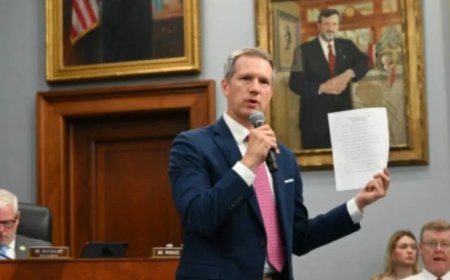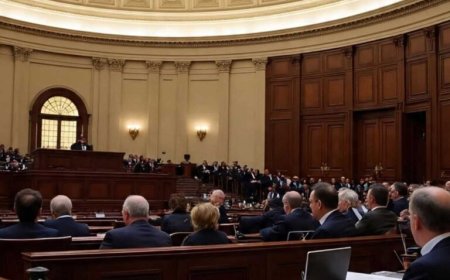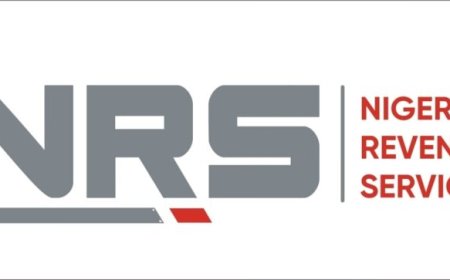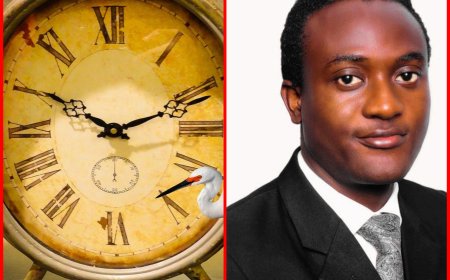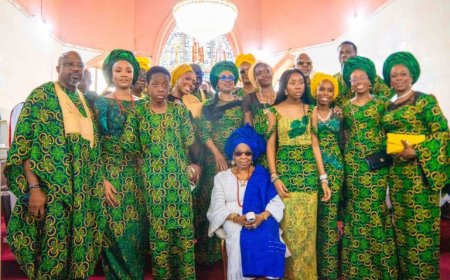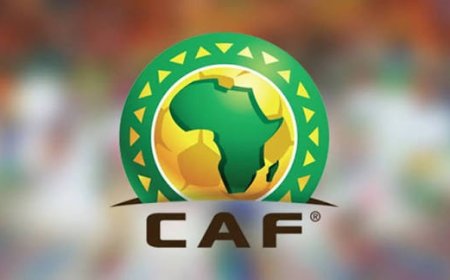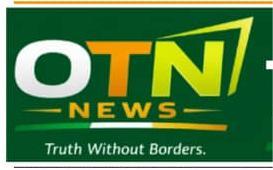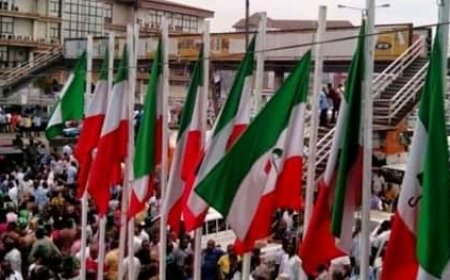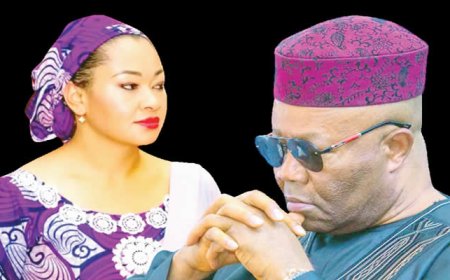Nigeria’s ₦70,000 Minimum Wage Cannot Lift Citizens Out of Poverty - U.S, Cites Weak Enforcement, Worsening Economic Undermine Workers Welfare

By: Israel Adeleke
OPEN TELEVISION NAIJA (OTN) News reports as gathered that the United States government has declared that Nigeria’s newly approved ₦70,000 minimum wage is inadequate to lift millions of citizens out of poverty, citing weak enforcement and worsening economic conditions that continue to undermine workers’ welfare.
OTN News further reports as gathered that the U.S. Department of State, in its 2024 Country Reports on Human Rights Practices, released on August 12, 2025, noted that the devaluation of the naira has significantly eroded the real value of the wage, reducing it to about $47.90 per month.
According to the report, “the National Minimum Wage (Amendment) Act 2024 doubled the minimum wage to ₦70,000 per month. Despite the increase, currency devaluation meant the minimum wage was no longer higher than the poverty income level."
The law, which applies only to employers with 25 or more full-time staff, excludes large sections of Nigeria’s labour force, including seasonal agricultural workers, part-time employees, and those paid by commission.
According to the U.S., several states have also failed to implement the wage law, citing financial constraints.
Wage enforcement, the report stressed, remains weak, with penalties rarely applied.
The Ministry of Labor and Employment is tasked with ensuring compliance with wage, hour, and occupational safety regulations, but the report highlighted that the number of inspectors is “insufficient to enforce compliance effectively.”
It further observed that between 70 and 80 per cent of Nigeria’s workforce operates in the informal sector, where inspections and wage protection are virtually non-existent.
Although the law prescribes a 40-hour workweek, annual leave, and overtime pay, the State Department said these provisions are routinely ignored due to poor oversight and the absence of effective enforcement mechanisms.
OTN News, however, observes that the U.S. findings echo concerns previously raised by labour unions in Nigeria, who argue that the ₦70,000 minimum wage does not reflect the soaring cost of living and inflation.
Union leaders have warned that many households remain mired in poverty despite the wage adjustment, urging the federal government to take stronger action to protect workers.
What's Your Reaction?
















